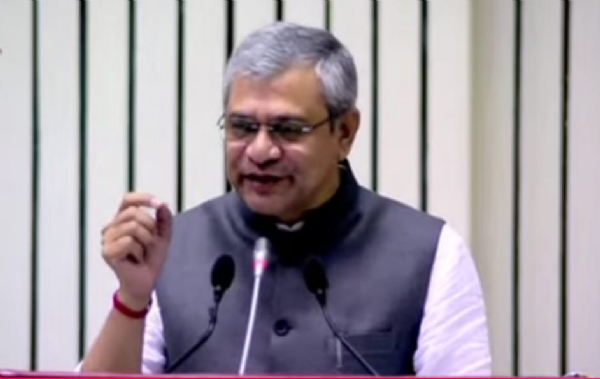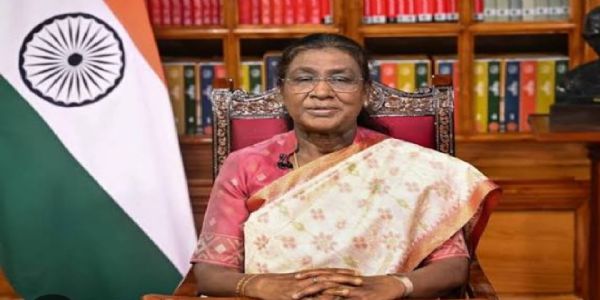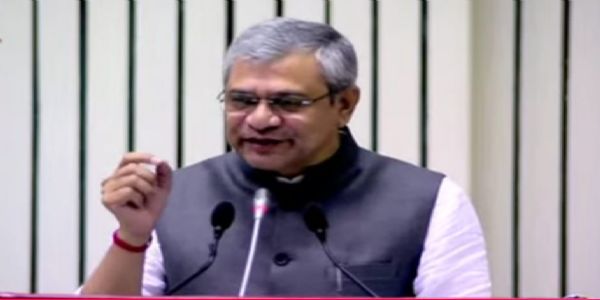
Delhi, 1 October (H.S.): The Union Cabinet chaired by Prime Minister Narendra Modi on Wednesday approved the continuation of the Biomedical Research Career Programme (BRCP) into its third phase, aimed at nurturing India’s next generation of biomedical researchers and enhancing global scientific collaboration.
Launched in 2008-2009 through a partnership between the Department of Biotechnology (DBT) and the UK-based Wellcome Trust (WT), the scheme is delivered via a Special Purpose Vehicle (SPV) known as the DBT/WT India Alliance.
The latest phase extends the initiative from 2025-26 to 2030-31, with follow-up funding support until 2037-38, at a total cost of ₹1,500 crore. Of this, DBT will contribute ₹1,000 crore while Wellcome Trust will provide ₹500 crore.
Major Initiatives in Phase III
The newly approved phase will implement a set of ambitious programmes designed to expand India’s biomedical research ecosystem, including:
-Early Career and Intermediate Research Fellowships in basic, clinical, and public health disciplines, internationally recognised and tailored to support researchers in the formative stages of their careers.
-Collaborative Grants Programme, which includes Career Development and Catalytic Collaborative Grants supporting teams of two-to-three investigators at both early and mid-senior career levels.
-Research Management Programme to strengthen the foundations of research operations across institutions.
In addition, Phase III will emphasise mentorship, networking, public engagement, and partnerships at both national and international levels, strengthening India’s position as a hub for cutting-edge biomedical discovery.
Expanding Reach and Impact
Through its fellowships, grants, and training programmes, the government expects over 2,000 students and postdoctoral fellows to benefit, strengthening nationwide scientific manpower. Anticipated outcomes include the generation of high-impact publications, patentable discoveries, training excellence, peer recognition, and greater inclusivity—with the target of increasing support for women by 10-15%.
The scheme also seeks to expand India’s scientific footprint beyond metropolitan centres by scaling activities in Tier-2 and Tier-3 locations. About 25-30 percent of collaborative research funded under the programme is expected to reach Technology Readiness Level (TRL) 4 or higher, paving the way for translational innovations.
Building on Previous Success
The Cabinet note highlights that Phases I and II of the BRCP helped establish India as a fast-emerging global hub for biomedical research. With science and innovation becoming central to India’s Viksit Bharat vision, Phase III is being positioned as a strategic effort to deepen talent, capacity, and translational outcomes aligned with national priorities and international standards.
“India’s rising investments in science, coupled with its expanding role in the global knowledge economy, demand the continuation of this programme,” the government said in a statement.
Hindusthan Samachar / Jun Sarkar








